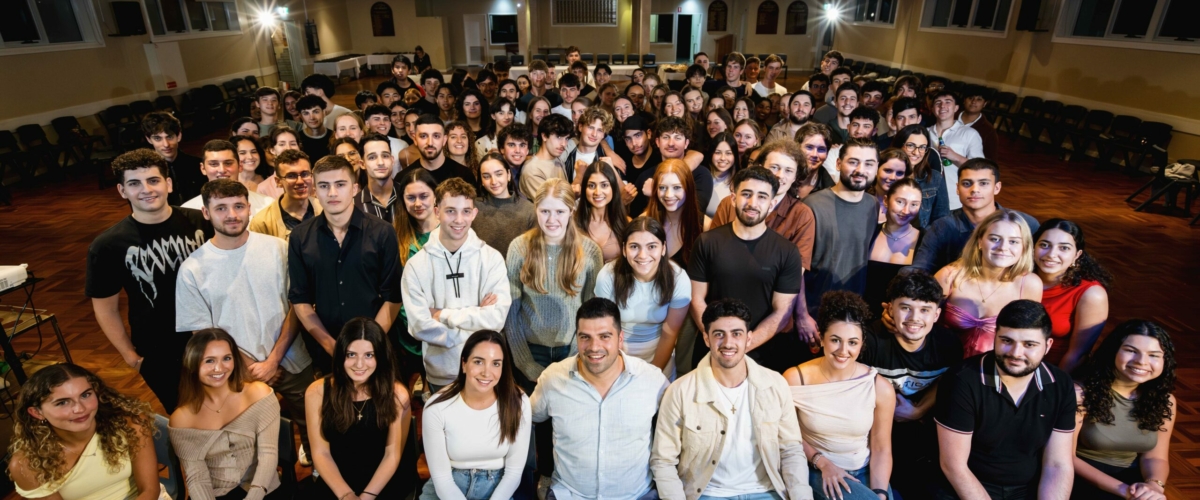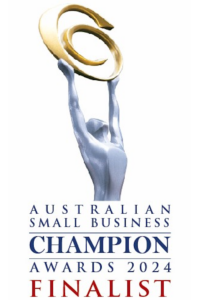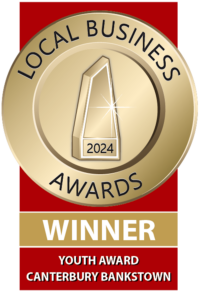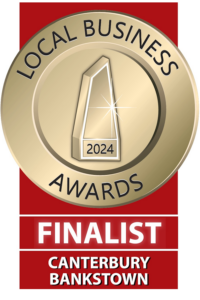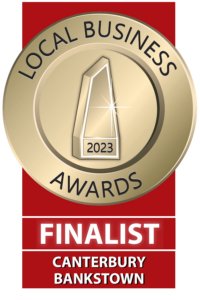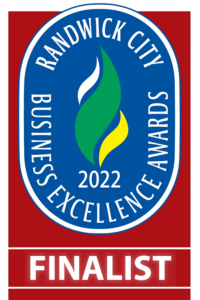
It is without a doubt that active student participation in tutoring sessions is crucial for effective learning. There is no fighting that! When students take on a role, they become more engaged and invested in their own educational journey. This ownership fosters a sense of responsibility, encouraging them to reflect on their strengths and areas for improvement. As tutors, we don’t just want students to passively receive the information we teach, but rather be comfortable enough to ask questions, seek clarification and collaborate with us to set achievable goals.
Students who are involved in discussions and activities are more motivated and find the learning experience more relevant, and enjoyable. This increased enthusiasm can lead to improved academic outcomes, as students are more likely to persist through obstacles and stay committed to their learning. Here, confidence and independence can also grow, as they begin to trust their own thinking, become more willing to take risks and develop the skills needed to learn independently. We want to increase their sense of empowerment in supporting their long-term educational development. To support this idea, students are more able to build a growth mindset because when students engage with challenges and view mistakes as learning opportunities, they can build resilience! This mindset promotes continuous improvement and a positive attitude toward learning, which is vital for overcoming obstacles.
From a tutor perspective, a student’s active participation in their session will also help to inform us on their unique needs and preferred learning style. This will allow us to provide a more personalised, tailored support that is in the best interests of our students. For instance, if a child lacks confidence and finds it difficult to voice their opinion or answer questions, utilising a whiteboard throughout the session could greatly benefit. Ultimately, by encouraging our students to be active participants, we are working to transform tutoring from a one-sided interaction into a dynamic and collaborative process that supports long-term academic growth.
Kaelyn Tan
